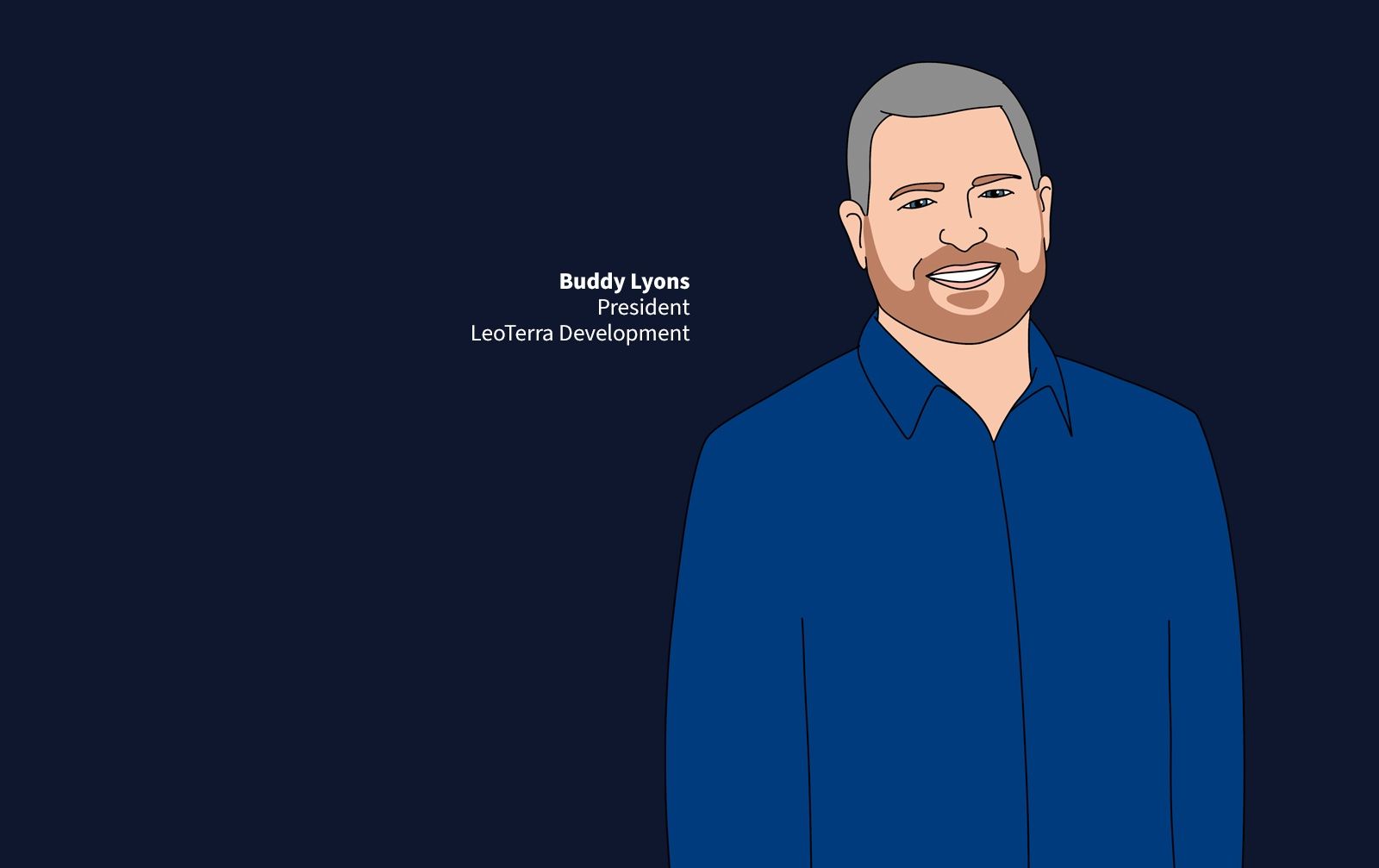Capital
Bank Finance Squeezes AD&C Loans, But Doors Remain Open
"A lot of traditional banks are pencils down right now, while they're trying to build back their balance sheet." – Buddy Lyons, President/Founder LeoTerra Development

A lot of traditional banks are pencils down right now, while they're trying to build back their balance sheet." – Buddy Lyons, President/Founder LeoTerra Development
As bank credit squeezes tighter, and a higher-for-longer borrowing costs specter hangs over residential real estate and construction's near- and mid-term future, feeding the land development dirt machine in one of the nation's most active geographies – the Carolinas – can get harrowing.
This was the backdrop for Triad, N.C.-based LeoTerra Development founder and president Buddy Lyons, when the nation's No. 1 homebuilder by volume D.R. Horton put up a deposit and contracted for a lot take-down schedule for all 254-lots of an affordably-priced suburban Raleigh community of single-family detached and attached townhomes.
We'd taken out a bank loan to develop first 129 lots and began working with D.R. Horton," explains Lyons, whose firm has about 225 team members, 200 of whom are construction and development site workers. "But then, Horton determined it would take down all 254 based on the anticipated absorption rates of 10 lots a month – five single-family detached and five town homes beginning this year in Q4. So, we purchased the balance of lots out of our cash. When the subdivision was paid for, we decided to finance it at that point."
Lending and finance options for land acquisition, development, and construction funds have pitched into a period of high-costs and hesitant lenders, even as sales pace, deliveries, and profit margins have held steady in many of the U.S. more active new home construction markets and submarkets.
Rather than seek local or regional bank funds for the refinance, Lyons' LeoTerra team turned instead to a robust private channel. Late last month, Builder Advisor Group closed an $11 million first-lien loan to refinance LeoTerra's stake in the entire 254-lot community.
Says Lyons:
After the financial crisis of 2008, you had a lot of banks and lenders that left the residential development space all together, and a lot of them didn't re-enter it, so there is already a very limited number of traditional lenders to borrow with in this space. As a company, we've we found that private lenders and private credit really fills a niche for us and other organizations like ours. We use a fair amount of private credit and private lenders and Builder Advisor Group is a class organization. They're great to work with, well capitalized, and very good fit for this project."
When LeoTerra's Lyons speaks of a "good fit," he's talking about price points, and lot hurdle rates that work well for D.R. Horton's DNA value proposition, which is to find and deliver an affordable array of offerings where ever it operates.
It's an opportunity for residents that work in and around Raleigh, to live in, relatively affordable housing – a bid $300,000 price point. What we've seen is that everything inside the Raleigh Beltline is extremely expensive. Just getting out of the BeltLine, you know, insane to the Fuquay-Varina type area is still a lot of $500-, $600- and $700,000 housing. This is what we're seeing in these suburban markets: Outside of the main metropolitan area is really the only place that you can deliver affordable $300- to $400,000 type housing. In this particular case, you're still only a 20 minute drive into Raleigh."
Is a 10-unit per month absorption pace overly optimistic? Not so, says Lyons.
Across the Carolinas as a whole, we're still seeing very high demand for new construction housing," Lyons says. "There are a lot of jobs coming to the area. Toyota just announced that they're investing another $8 billion into their battery plant, which sits kind of in between the Triad and the Triangle. We're seeing a lot of a lot of job growth, and a lot of companies coming into to the area. And when you can combine that with the affordability factor in a good, relatively low cost of living in the Carolinas, we're just seeing tremendous growth in these in these markets. And what we're noticing is that sales for national homebuilders is dipping down in other parts of the country, and it feels like they're trying to make up for that by increasing their sales here in the Carolinas."
So, having optionality to keep on feeding the dirt machine so that production builders can feed their own construction, marketing, and sales machines, makes this a business case in win-win capital investment
MORE IN Capital
Timing Demand: Why Investors Choose To Buy Apartments Vs. Building
A construction slowdown today is setting up an undersupply tomorrow. Opportunistic, patient investors are already pivoting to seize future market growth catalysts.
Little Deal ... Big, Timely Product Pivot: Lokal’s Capital Play
A $12M facility fuels Lokal Homes’ swift shift into higher-margin homes and a smarter land strategy in a tough market.
Land, Capital, And Control — A New Playbook In Homebuilding
Five Point Holdings’ acquisition of a controlling stake in Hearthstone points to the direction of homebuilding strategy: toward lighter land positions, more agile capital flows, and a far more disciplined focus on vertical construction, consumer targeting, and time-to-market velocity.


